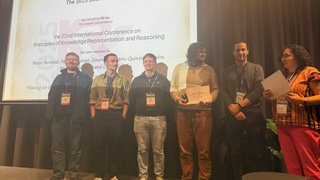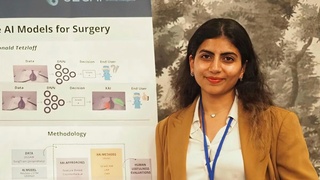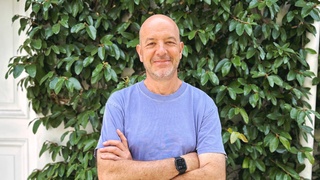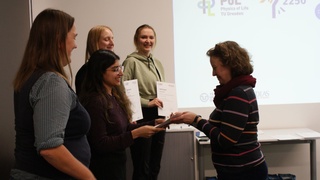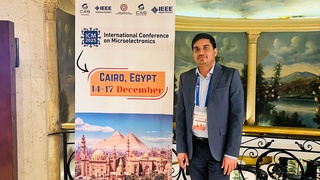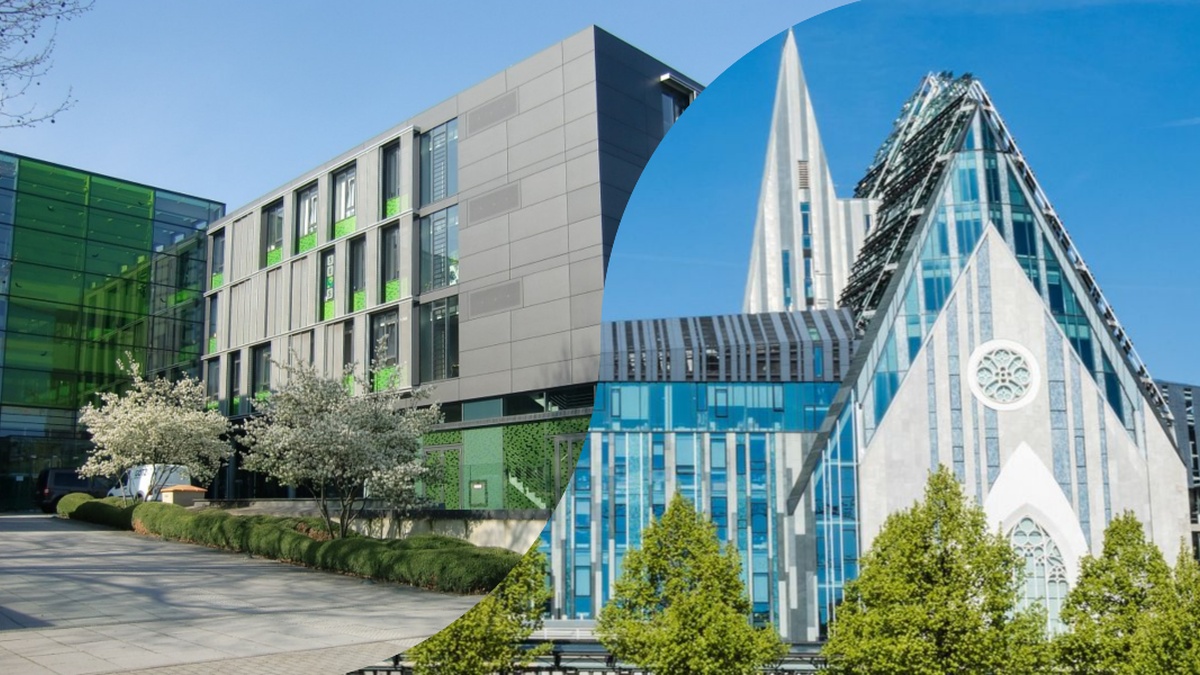 APB-Gebäude (left-hand side): © TU Dresden Campus Navigator
APB-Gebäude (left-hand side): © TU Dresden Campus NavigatorAugusteum (right-hand side): © Christian Hüller, Leipzig University
May 18, 2022
DAAD Announces Winners: SECAI to Become One of Three Zuse Schools of Excellence in AI
TU Dresden and its partner Leipzig University succeed in the Germany-wide competition for establishing a DAAD Konrad Zuse School of Excellence in AI as one of just three funded projects. The School of Embedded and Composite Artificial Intelligence (SECAI) is planned to start on 1st July and receive funding for 5,5 years in total.
As announced by the German Academic Exchange Service (DAAD), the School of Embedded and Composite Artificial Intelligence (SECAI) was selected for creating one of three new AI centers in Germany. The Federal Ministry of Education and Research (BMBF) will therefore fund the SECAI from mid 2022 through end 2027 with a total of up to 13.2 million EUR. The concept put forward by the SECAI host universities TU Dresden and Leipzig University is rooted in the tight integration of university studies, research, and applications, which will open up many career paths for young talents to successfully use and advance AI for the benefit of society and economy.
Topically, SECAI is guided by two core themes: the development of novel AI methods that combine advantages of hitherto disparate approaches (“composite”), and the integration of AI algorithms into tailor-made microelectronics and intelligent devices (“embedded”). In pursuing these goals, SECAI benefits from the fruitful combination of the internationally renowned, interdisciplinary research of the partner universities and the regional strengths of the Saxon high-tech sites in Dresden and Leipzig.
Among the many application areas of AI, SECAI will put a specific emphasis on digital medicine. Important opportunities in this field arise, on the one hand, through the development of intelligent medical devices, from surgical robotic assistants to intelligent pacemakers. On the other hand, AI also enables important advances in medical informatics and bioinformatics, for example in the development of personalised drugs and improved cancer diagnostics. However, the medical use of AI is not a mere technical challenge but also raises legal and ethical questions, which will likewise be investigated in SECAI.
These core topics determine the thematic focus of many of the activities that are planned in SECAI to foster teaching, research, transfer, and international exchange. Students of TU Dresden and Leipzig University are sponsored through scholarships and are supported in their exchange with partners from industry and research. AI-related teaching programmes will be reinforced and expanded. TU Dresden has already fully internationalised all of its AI Master programmes, with English as the teaching language, and Leipzig University will strongly expand its English course offerings as well. The exchange with international partner universities, such as King’s College London, ENS Paris, and TU Vienna will be intensified. In addition, SECAI will fund up to 30 doctoral students and clinician scientists to develop the next generation of AI technologies.
In all of its activities, SECAI will also incorporate and nourish existing teaching programmes and research activities in Dresden and Leipzig. Students already enrolled in AI-related study programmes such as “Computational Modeling and Simulation” (Dresden) or “Data Science” (Leipzig) will benefit from the offers of the Zuse School just like students who newly decide to study in Dresden or Leipzig. In research, too, SECAI is collaborating closely with existing initiatives, such as the Else Kröner Fresenius Center for Digital Health (EKFZ), the Dresden-based Cluster of Excellence CeTI, and the Center for Scalable Data Analytics and Artificial Intelligence (ScaDS.AI Dresden-Leipzig).
The Zuse School is carried by a team of around 25 researchers at the partner universities, who are, in addition to their international scientific renown, particularly active in teaching and transfer. SECAI moreover is engaged in close personal exchange with industry, international academia, and the start-up scene. The main contact person for the School of Embedded Composite AI is project coordinator Prof. Markus Krötzsch (TU Dresden).
